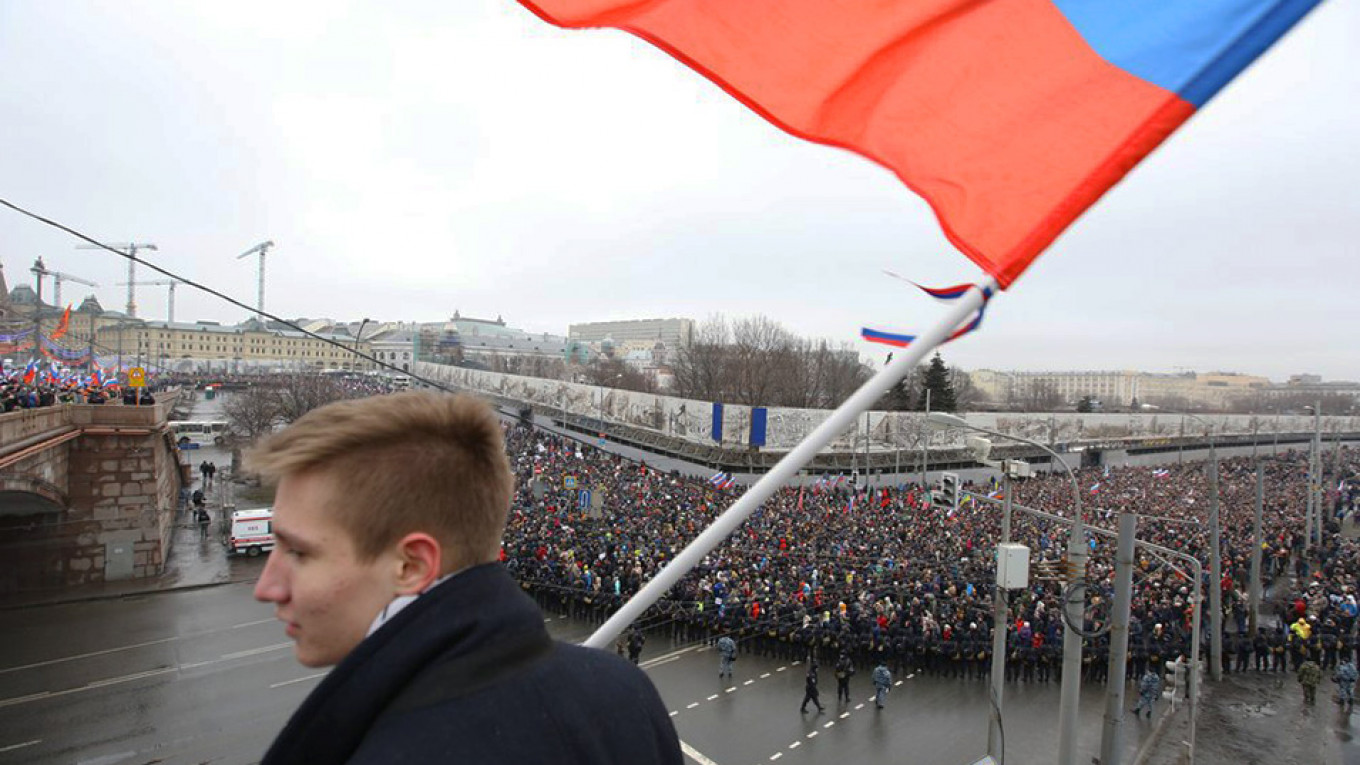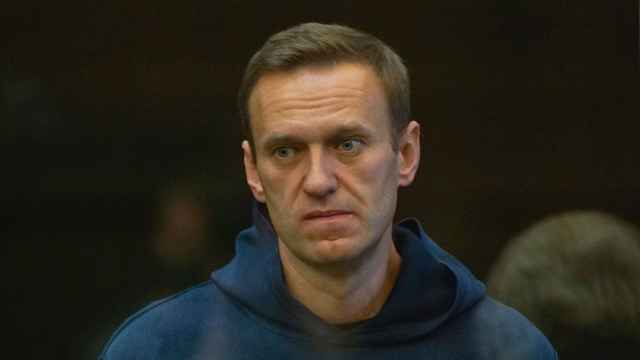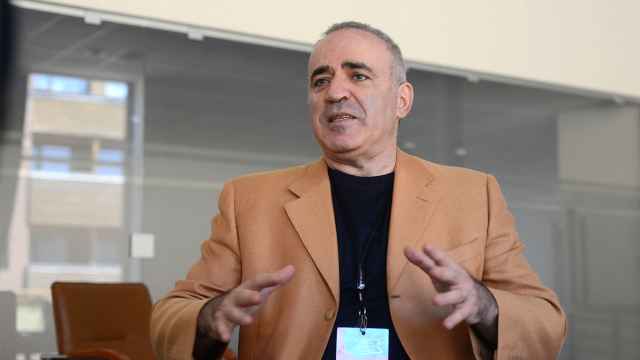It has become accepted today to respect the non-systemic opposition in Russia while simultaneously scorning it for its inability to unite, its squabbling and its moralizing.
Just as in the era of Soviet dissidents, we see an all-powerful state apparatus and a tiny bunch of powerless opponents, alongside large numbers of those who sympathize but are unable to offer assistance.
The opposition’s liberals air foggy recollections and hint at forgotten Kremlin secrets, though there is an absence of any interest in such intrigues. These noble, tired people, who give their press conferences as if half-asleep, make an odd impression. Clearly, they were once somebody, but who?
Alienated, the contemporary observer has little motivation or desire to go digging around in someone else’s past.
When it comes to the non-systemic opposition, discussion is usually limited to street protests, videos exposing corrupt officials and complaints about leaders who refuse to step aside. But it hasn’t always been that way.
If we look back 15 years, we see that Putin was also president then, but everything looked different.
The liberal parties became firmly rooted in society, parliament and government, and the interests of civic society were discussed in Duma debates that were followed by the whole country. The turning point came in 2003-2004.
At the Duma elections in 2003, the liberal opposition was shut out of parliament for the first time, though it still had excellent opportunities to fight back.
Liberals dominated print media, ruled supreme on the internet, and you could see opposition figures like Grigory Yavlinsky or Boris Nemtsov on state television. Meanwhile, Russian NGOs were omnipresent and played a leading role in legislative work.
Despite the authoritarianism of the Kremlin, Russia’s liberals had the chance to create a winning platform for the upcoming elections and reestablish a faction in the Duma in the run-up to Dmitry Medvedev’s presidency in 2008. Yet this failed to happen. But why?
It only took a single street protest to kill the opposition of the new Russia – the 2004 Ukrainian “Orange Revolution.”
The sight of Kiev voters streaming out onto Maidan Nezalezhnosti, having forced the Ukrainian president Leonid Kuchma into a rerun of the vote, seemed to provide an ingenious approach.
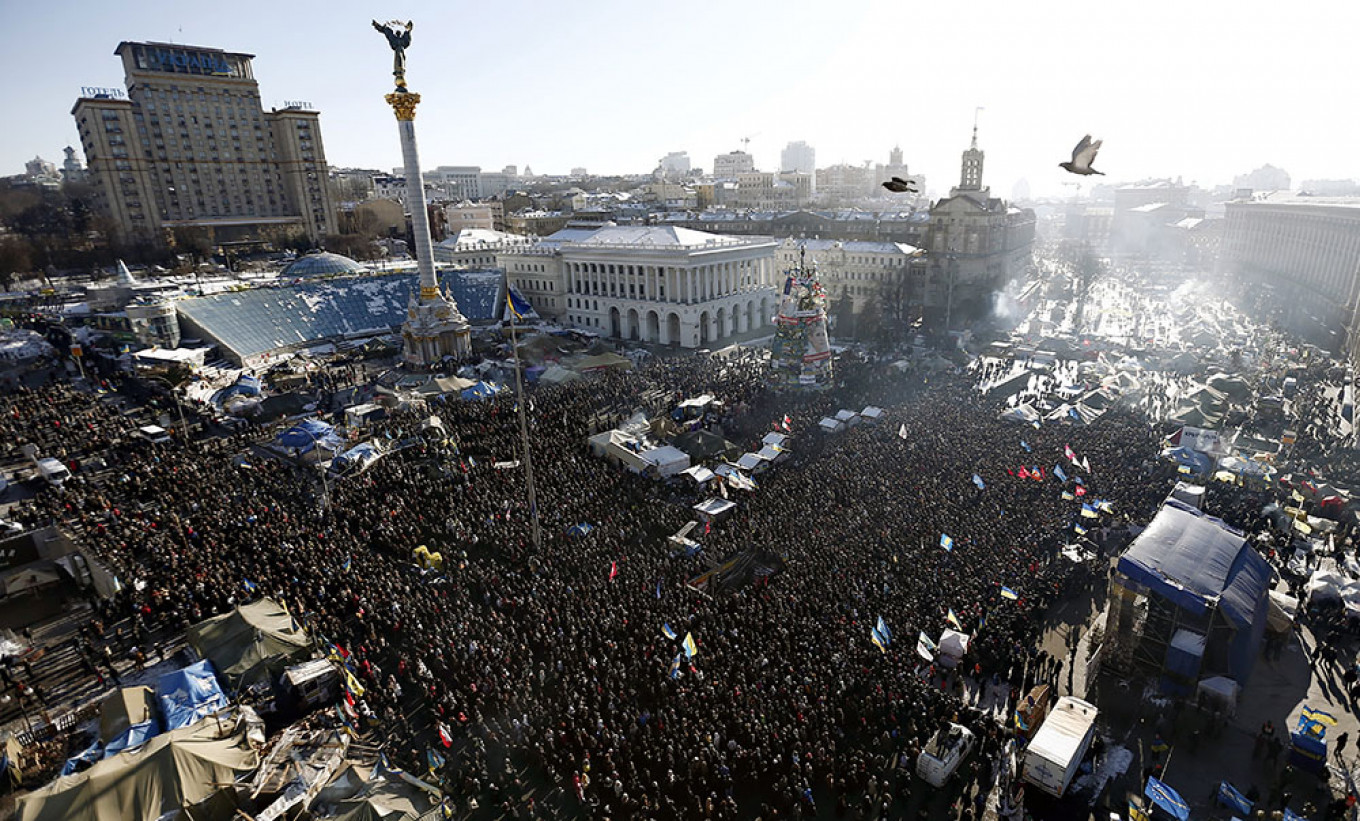
The leaders of liberal Moscow made a pilgrimage to Kiev and, standing on the Maidan in orange scarves, experienced a sense of euphoria. It seemed that a means of fighting Putin had been found – the street, mass street protests!
Thus was born the utopian idea of “a million on the street,” a force that would march on the Kremlin. The street stage became the domain of opposition thinking, but without all that was necessary for its success.
In Kiev, the logistics of the revolution were facilitated by the state, and opposition deputies from the Rada were at the head of developments on the street – but in Russia these conditions did not exist at all.
In our minds, cause and effect have changed places. Looking back at the revolutions of liberation of the past, we see crowds and flags on the squares. But the crowds had poured onto the streets as a result of a power change that had already taken place, they were not its cause.
The mass demonstrations of the perestroika era were organised by the democratic authorities without losing control of the Soviet parliament or Moscow’s municipal governing bodies.
What in Russia is referred to as the “non-systemic opposition” turns out on examination to be a fragment of parliamentary opposition, but with 15 years’ experience on the streets. The very term “non-systemic opposition” is the scar of its forgotten past as a part of the system.
This what the liberals once called the National Bolsheviks, the nationalists, Antifa and the other lame ducks of street politics. “Non-systemic” meant exiled, excluded from the system as a hindrance: a system failure or “bug.”
By 2005, liberal Russia had a powerful infrastructure for working on a parliamentary, government, and party level. But on the street this was all useless. By going out onto the street, these liberal reformists and moderately progressive modernizers lost their political position.
All the experience they had gained over the past 15 years became redundant and was abandoned. Liberal NGOs had nothing to gain from participating in “Dissenters’ Marches,” and they lost their role as flag bearers of progressive legislative policy. Specialists from opposition think tanks began to leave them and join Kremlin-friendly bodies.
The democratic norms of the long struggle for parliament were discarded in favor of the utopia of the street uprising. The streets of Moscow were empty and it seemed that even insignificant forces could fill the vacuum.
During Medevedev’s presidency the last high-profile liberals inside the system attempted to present the “Medevedev alternative.” But doing this without support in the Duma was unthinkable.
The triumph of the street myth – and the pinnacle of its impotence – was the 2011 Bolotnaya square protest. With its illusory shibboleths of liberal utopian street politics, this spontaneous outbreak of protest came at a time when the economy was still in relatively good shape. Over several weeks there was a sudden, explosive growth in the number of demonstrators, from 1,000 to 100,000.
The federal authorities’ genuine fear in the face of something incomprehensible opened a window for the opposition on state TV channels for a week. And then it all collapsed in the blink of an eye: the 2012 “March of the Millions” organized the day before Putin's inauguration by the opposition in Moscow brought fewer than 20,000 people out onto the street.
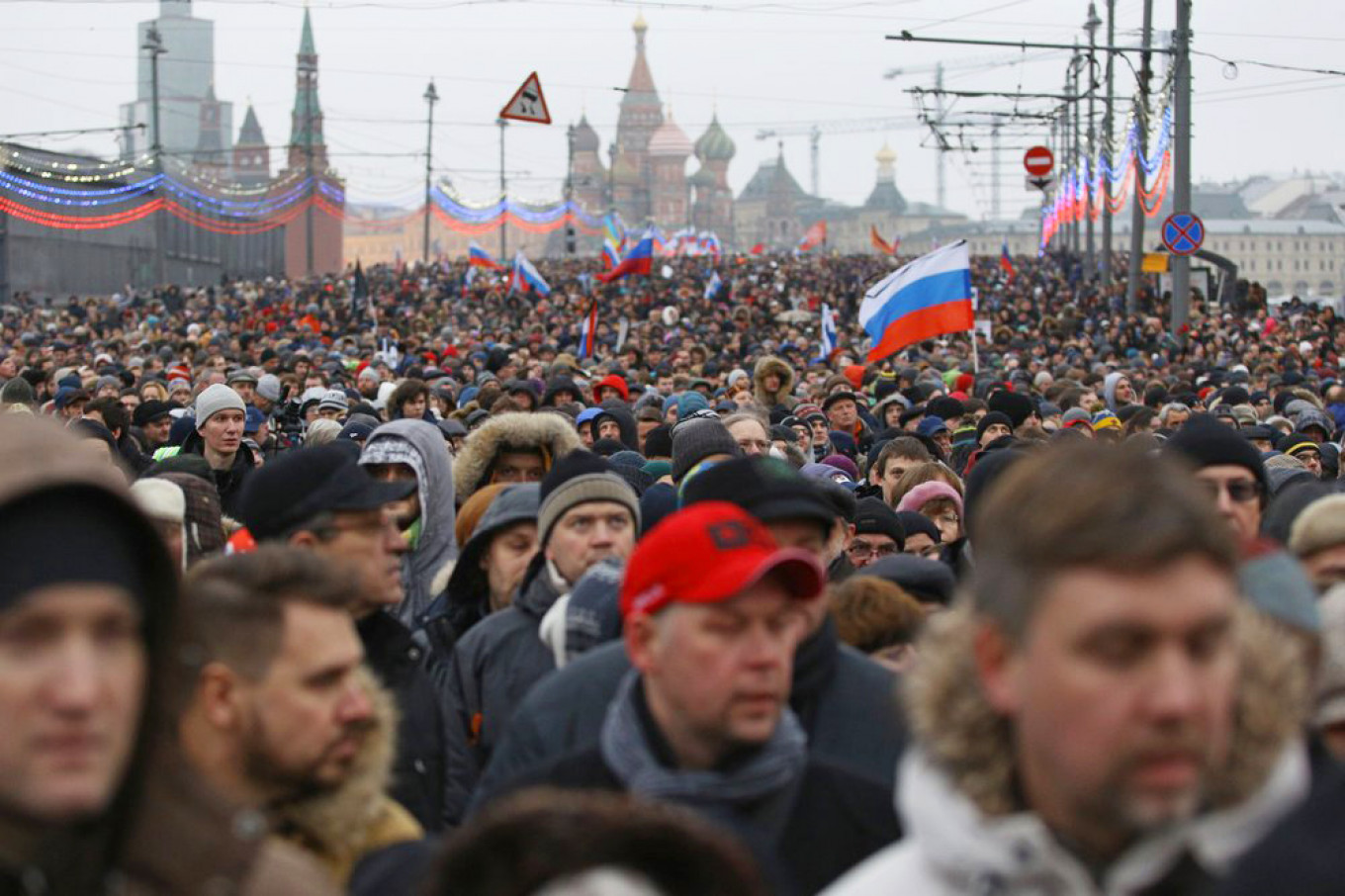
What this shows is that by going out into street politics, Russia’s liberals have lost their way. Street protest as a political culture is quite unlike party opposition and parliamentary debate. Moderate resolutions based on compromise don’t go down well with street protesters.
A textbook example is the bloody February of 2014 in Kiev, when the Maidan rejected the compromise achieved by its leaders through Western mediation. All of Europe remembers what began shortly afterward.
It is not difficult to imagine the Russian opposition in victory, assigning ministerial posts.
But it is almost impossible to conceive of it as a parliamentary force, routinely preparing legislation and leading Duma debates from day to day. The street expects decisiveness: there is no place here for debate.
The street calls for simple solutions, at a time when there are already no easy answers. Street protesters endlessly chant “We are the power here!” and “Swindlers and thieves” – but these are old National Bolshevik slogans, and are too easily confused with Putinist demonstrations in support of the regime.
The politics of the street, which has to be aimed at the masses, is pushing aside the priorities, the pressing issues of the day. Mobilization, with all its accompanying concerns, requirements and conditions, has become the golden calf of the Russian liberal.
Mobilization requires popular rhetoric – and indeed, the opposition seems obsessed with fantasies about the magic of oratory. Mobilization requires putting reflection on pause, and it also requires popularity, for the sake of which liberals avoid serious discussion in order not to “scare off the regular Joe.”
Yet the irony is that the Putin regime itself is a slick mobilization machine, one of the most powerful in the world.
We shouldn’t judge people too harshly for succumbing to the temptation of street politics and losing their way. This is still something of substance, it marks a beginning and in many respects an experience of political life.
The opposition’s street adventures were intoxicating when Russia and the world were stable. But the stability of Putinism is over, and it is now in transition. The country needs direction, it needs a new mode of politics that is close to the street, but capable of plotting a way forward.
It needs an opposition vehicle that is oriented toward law and order, that knows not only how to set up platforms for a rally and arrange sound equipment. It’s time for Russian heroes to grow up, and return from the streets to systemic politics.
A Message from The Moscow Times:
Dear readers,
We are facing unprecedented challenges. Russia's Prosecutor General's Office has designated The Moscow Times as an "undesirable" organization, criminalizing our work and putting our staff at risk of prosecution. This follows our earlier unjust labeling as a "foreign agent."
These actions are direct attempts to silence independent journalism in Russia. The authorities claim our work "discredits the decisions of the Russian leadership." We see things differently: we strive to provide accurate, unbiased reporting on Russia.
We, the journalists of The Moscow Times, refuse to be silenced. But to continue our work, we need your help.
Your support, no matter how small, makes a world of difference. If you can, please support us monthly starting from just $2. It's quick to set up, and every contribution makes a significant impact.
By supporting The Moscow Times, you're defending open, independent journalism in the face of repression. Thank you for standing with us.
Remind me later.



